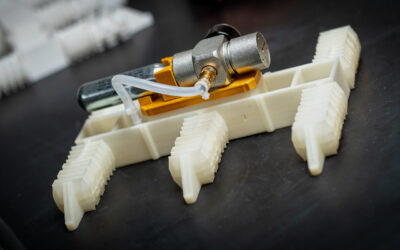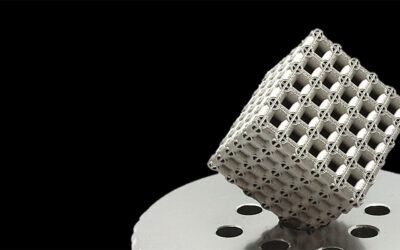Micro-sized capsules with iron nanoparticles embedded in them could be used as smart drug-delivery systems to supply nitric oxide to patients and treat a range of serious medical conditions.
Nitric oxide (NO) is important in many medical complaints such as thromboses and cardiovascular conditions. To treat these diseases effectively, control over the release of the NO in the body is required. There are methods for administering NO to patients already, but many of these are not targeted or require complicated precursor compounds.
A natural amino acid, L-arginine, can be used as a simple precursor to NO. The L-arginine can react with a reducing enzyme in the body or with naturally occurring hydrogen peroxide to produce NO in situ. Chinese researchers have now encapsulated this amino acid in small capsules about 7 micrometres in diameter. The capsules are made of polylactide, a biocompatible polymer, and have nanoparticles of magnetic iron oxide embedded in their walls.
Gu et al. exploit the magnetic properties of the nanoparticles to switch the capsules between open and closed using an alternating magnetic field. When the capsules are opened, the L-arginine contents come into contact with a solution of hydrogen peroxide. This mixing reduces the L-arginine, and produces bubbles of NO which are contained in the capsule when it is closed again. The microcapsules become microreactors for NO production. Because all the components are naturally occurring or biocompatible, the researcher think that the microreactors could be formed even inside a human body.
Not only can this intelligent system be used to deliver NO directly when and where it is needed, but it could also be used as a diagnostic tool. The activated capsules make good ultrasound contrast agents, which eventually break down through the action of the ultrasound and release their contents.
In the future, these bubble-filled capsules could routinely be used as intelligent medical systems for diagnosis and treatment of several common diseases. Magnetic open/closed switching of very small containers could become a cheap and easy way to deliver many sorts of drugs directly to where they are needed, thereby reducing both side effects and expense.
















